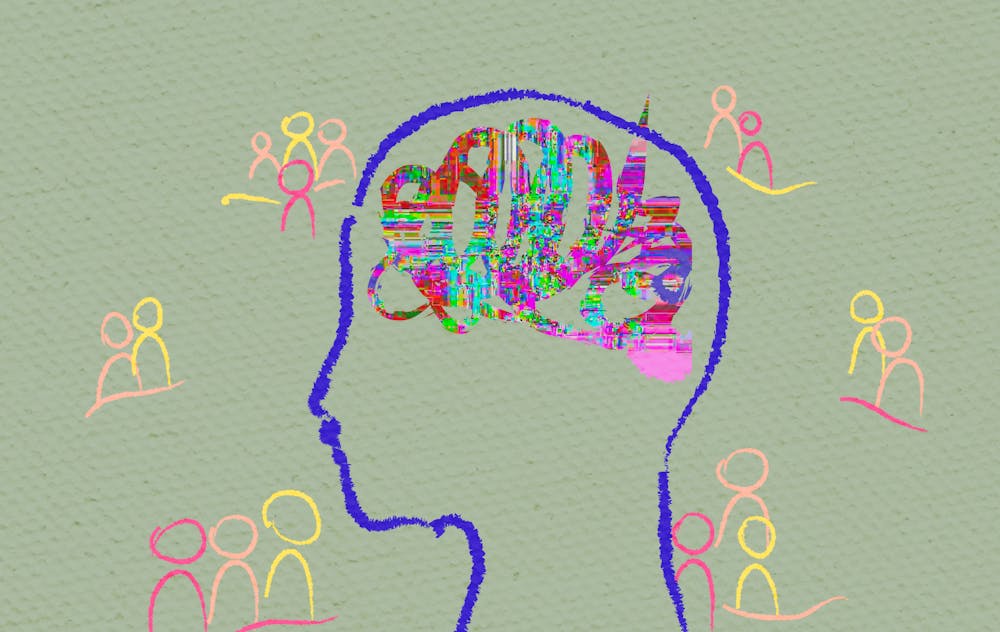A study led by Penn Medicine professor Christos Davatzikos found a second type of schizophrenia.
The new study, published on Feb. 27 in the journal Brain, found that nearly 40% of patients with schizophrenia did not have reduced gray matter in their brains — a characteristic that has previously been linked to schizophrenia. Instead, these patients had levels of gray matter in their brains similar to brains of healthy patients, leading researchers to believe that a second type of schizophrenia exists.
Schizophrenia is a mental illness that typically presents with hallucinations, delusions, and other cognitive issues. The disorder is treated on a case by case basis, with symptoms and treatments varying among patients.
The 40% of patients who did not have reduced gray matter instead had increased volumes of gray matter in the basal ganglia, an area of the brain that controls voluntary motor movements. Researchers are “puzzled” that these patients' brains look mostly similar to healthy brains, Davatzikos told Penn Medicine News.
“What we do know is that studies that are putting all schizophrenia patients in one group, when seeking associations with response to treatment or clinical measures, might not be using the best approach,” Davatzikos said.
The study involved brain scans of over 600 participants aged 45 and younger from three countries — the United States, China, and Germany. About half of the participants were schizophrenia patients, and the other half were healthy.
The research team analyzed the brain scans of participants using Heterogeneity through Discriminative Analysis, a machine developed at Penn in 2016 to address the question of whether there may be multiple subtypes of a disease. By including participants with and without the disorder, the brain scans could be compared without the influence of confounding factors, according to the authors of the study.
Daniel Wolf, professor of psychiatry and co-senior author of the study, noted the effects of different medications used to treat schizophrenia, Penn Medicine News reported.
"We mostly can’t predict that outcome, so it becomes a matter of trial and error,” Wolf said. “Now that we are starting to understand the biology behind this disorder, then we will hopefully one day have more informed, personalized approaches to treatment.”









